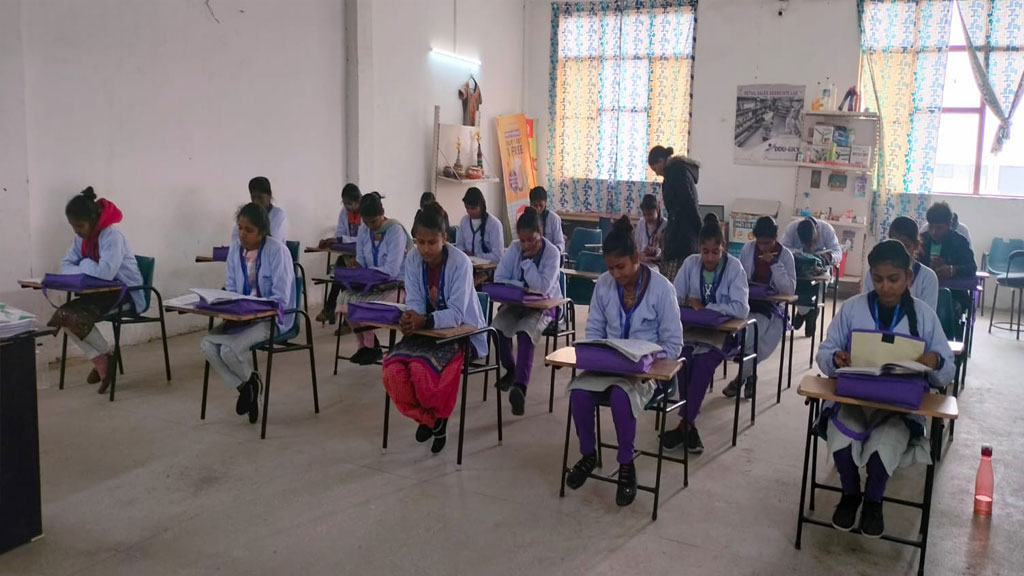Introduction:
In an era marked by rapid technological advancements and dynamic global changes, the role of education in shaping the future cannot be overstated. Corporate Social Responsibility (CSR) initiatives that focus on education-driven skills development have emerged as powerful catalysts for positive social change. This article delves into the transformative impact of skills development programs within the framework of CSR, exploring how they contribute to building a more equitable and empowered society.
Empowering Individuals Through Skill Acquisition:
Skills development programs play a pivotal role in empowering individuals by providing them with the tools and knowledge needed to thrive in a competitive landscape. Whether through vocational training, digital literacy courses, or specialized skill-building workshops, CSR initiatives in education foster a sense of self-reliance among beneficiaries. This empowerment, in turn, leads to increased employability and enhanced economic prospects.
Fostering Inclusive Growth:
Education-driven CSR initiatives promote inclusive growth by addressing societal disparities. Targeting marginalized communities, these programs create opportunities for individuals who may have limited access to quality education. By breaking down barriers to entry, companies contribute to a more inclusive and diverse workforce, fostering a culture of equality and social cohesion.
Aligning Business Goals with Social Impact:
Integrating skills development into CSR strategies enables companies to align their business goals with broader societal needs. By investing in the education and skill enhancement of communities, organizations contribute to a sustainable and skilled workforce, thereby fostering an environment conducive to their own long-term success. This alignment not only enhances corporate reputation but also creates a positive feedback loop between social impact and business growth.
Addressing Global Challenges:
Education-driven CSR initiatives are instrumental in addressing pressing global challenges, such as unemployment, poverty, and inequality. By equipping individuals with relevant skills, companies contribute directly to poverty reduction and promote economic development. Moreover, the impact extends to areas like healthcare, environmental sustainability, and community resilience, as educated and skilled populations are better equipped to address multifaceted challenges.
Creating a Ripple Effect:
The impact of skills development extends beyond the immediate beneficiaries. As individuals acquire and apply new skills, they become agents of change within their communities. This ripple effect amplifies the positive influence of CSR initiatives, creating a multiplier effect that transcends individual empowerment to contribute to broader societal transformation.
Measuring and Evaluating Impact:
A crucial aspect of education-driven CSR is the measurement and evaluation of its impact. Companies need to establish robust monitoring frameworks to assess the effectiveness of their programs. Metrics such as improved employability, increased income levels, and community development indicators can provide valuable insights into the tangible outcomes of skills development initiatives.
Conclusion:
In conclusion, the impact of skills development through education-driven CSR initiatives is far-reaching and transformative. By empowering individuals, fostering inclusive growth, aligning business goals with social impact, addressing global challenges, and creating a ripple effect within communities, companies can play a pivotal role in building a more equitable and prosperous society. As the corporate sector continues to embrace its responsibility towards social change, education-driven CSR emerges as a key driver for positive, sustainable, and meaningful impact on a global scale.
- By admin

